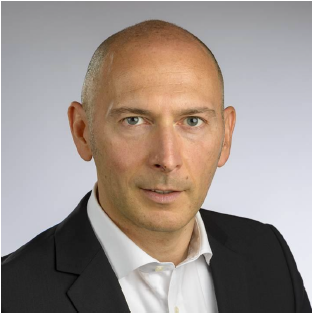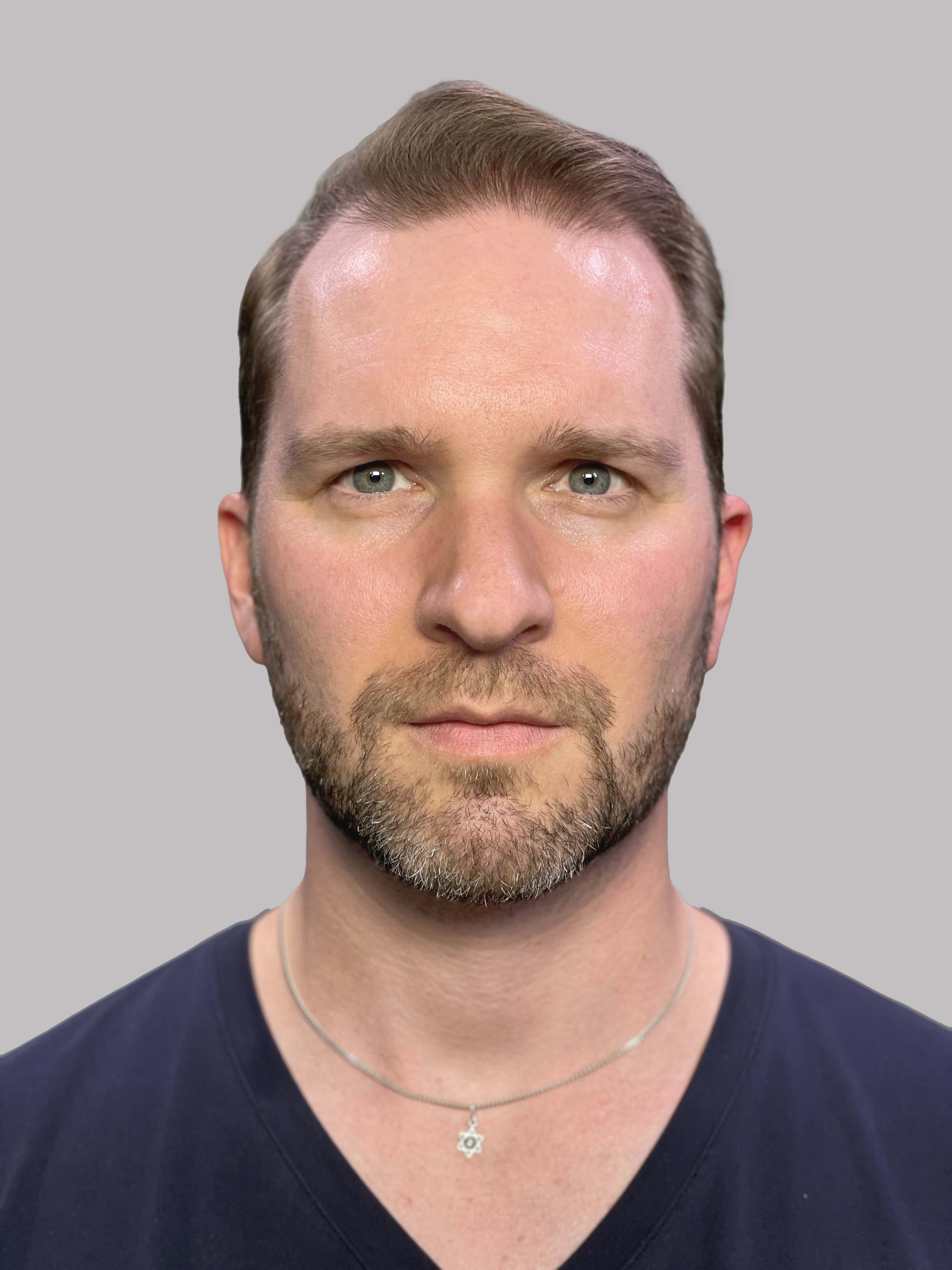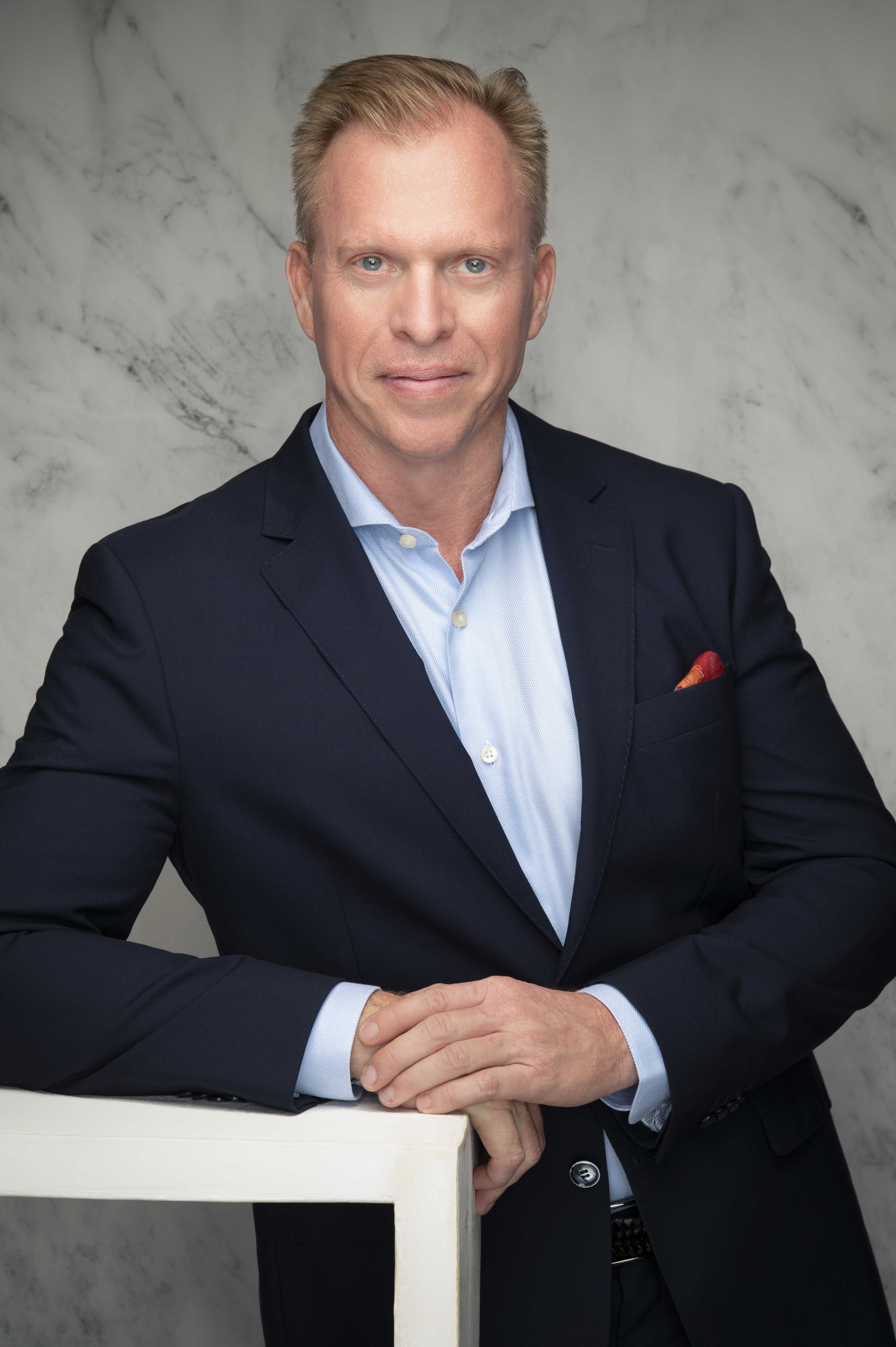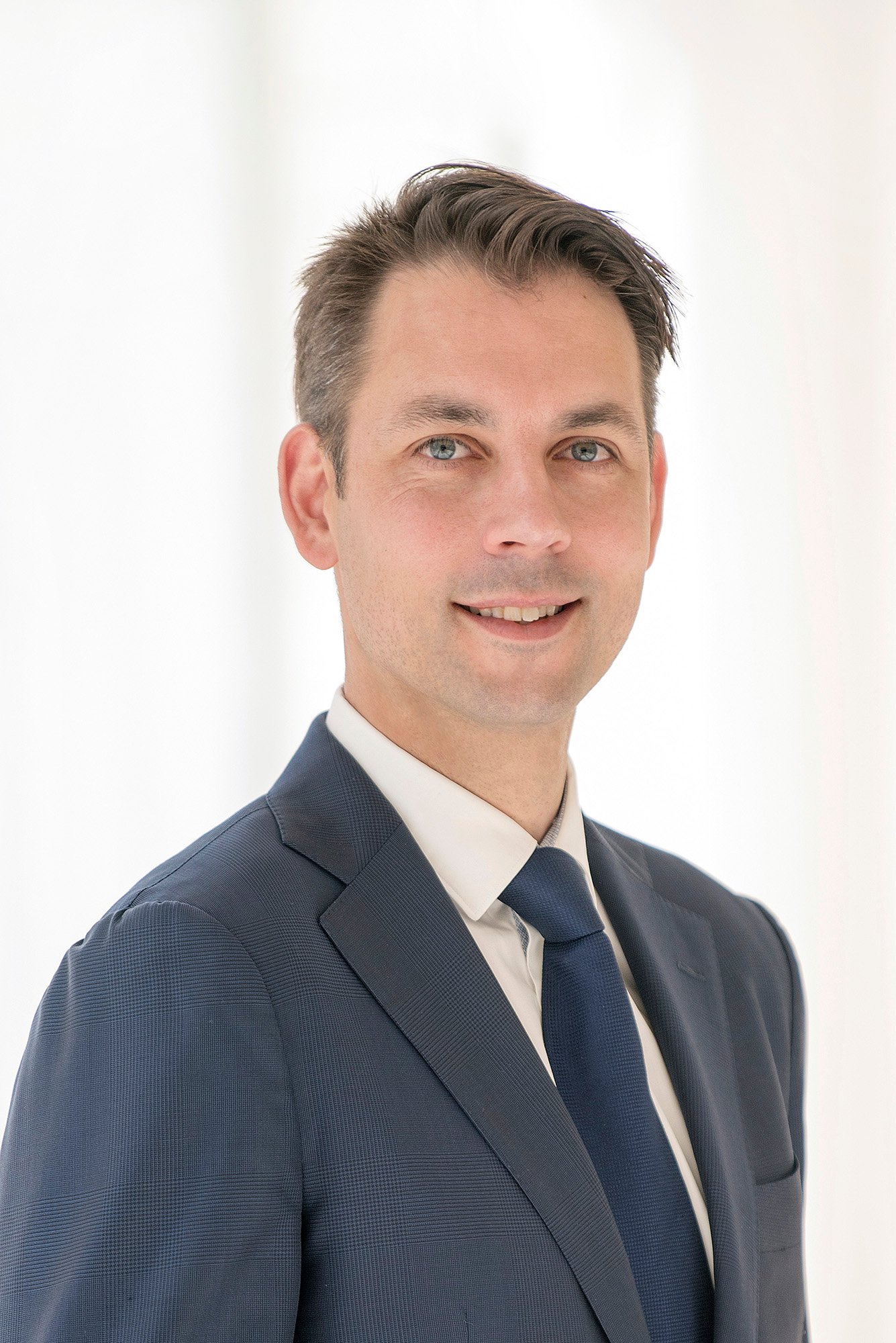I can say that the EMC programme has tremendously impacted my career so far.
Alessandro Ortolani

Could you share a fun fact about yourself – perhaps something unexpected about you?
Fascinated by the world of wine, I decided to study as a sommelier several years ago. I was intrigued by the uniqueness of every wine. During the course, I learned the concept of terroir, representing the conditions under which the grapes are cultivated, including the climate, the soil richness, and the area's topography. Today, I consider "le terroir" a great metaphor to explain what I am learning in the EMC programme: understanding the right conditions to express yourself at your full potential.
Can you tell us a little more about your personal and professional career journey so far? How did you get to where you are today?
After about 25 years of international career in the corporate world, at the beginning of 2020, I realised that I was only partially satisfied. I loved my job, especially working with my team, but, at the same time, I was not providing the impact I thought I could. That situation was the starting point of my personal and professional transition journey. In the last 18 months, I conducted different "experiments" that helped me understand what was important and fulfilling to me as a person and practitioner.
During this journey, the EMC classmates, the programme directors, the visiting professors and all the programme staff represented the ideal travelling companions to challenge my assumptions and see reality through different and more powerful lenses.
So, what made you decide to pursue the EMC, and why did you choose INSEAD?
At the end of my DBA research on business model assessment and innovation, I realised that individuals and how they effectively work in their teams make a difference in delivering outstanding results in organisations. With that finding in mind, I started to look for potential answers to what drives individuals to work effectively in a group.
I checked several programmes and asked different people, both friends and experts. Most of them converge toward the Executive Master in Change of INSEAD. So EMC represented the chance to tackle my question seriously.
At the same time, INSEAD meant that whatever the answer, it would have been delivered according to the highest academic standard while creating a real impact.
If you were to describe your experience on the programme what would it be? How would you describe your classmates, the courses, the professors?
Currently, I am working on my research thesis after eight modules of learning, applications, and reflections. I completed this initial part with a diverse cohort of eager-to-learn classmates from different countries, industries, backgrounds, experiences, and life stages.
Despite all these differences, we shared the same interest in better understanding ourselves and how we function, relating to others as human beings.
The course is a blend of rigorous theoretical frameworks and their practical application in our daily lives at individual and group levels. The programme directors, Professor Erik van de Loo and Michael Shiel designed the course to gradually support us in going beyond the traditional approach of watching what is observable at a rational level.
They trained us to look for the invisible elements and use associative thinking to unearth what usually is outside the individual and group consciousness. These hidden elements are often the root causes of people's behaviours, the starting point from where we can make a difference.
Has the EMC helped you in your career so far?
In November 2021, with Roberta, my business partner, we founded Human Intelligence Factory, an organisation with the ambition to unleash the power of Human Intelligence to create high-performing teams through behavioural enhancement. We built this organisation leveraging the learnings from the system psychodynamic perspective explained and practised during the EMC programme.
Today we meet clients looking for solutions beyond the short-term fix, oriented to create favourable conditions for their teams to thrive. The EMC programme's ideas, insights, and challenges discussed in class, in groups, and individually represent most of the practices we co-create with and for them.
I can say that the EMC programme has tremendously impacted my career so far.
Do you foresee the EMC changing your perspectives or outlook towards life?
What I am learning in the EMC programme greatly impacts how I now think about myself, groups and organisations. The first significant change regards how you see yourself, the factors that trigger your behaviours and the reasons behind them. Instead of following your familiar patterns, you become aware of the options in front of you and decide which of them is the most appropriate at every specific moment in your life. There is a strong sense of freedom in that.
What advice would you give to someone who might be interested in pursuing an INSEAD Masters programme?
The world is evolving fast, and we do things more effectively and efficiently every day than we used to do before. Learning new things is essential, but even more important is to know how to apply this new knowledge for a better team, organisation, and community. I believe INSEAD is one of the best places to learn how to transform business and society.




